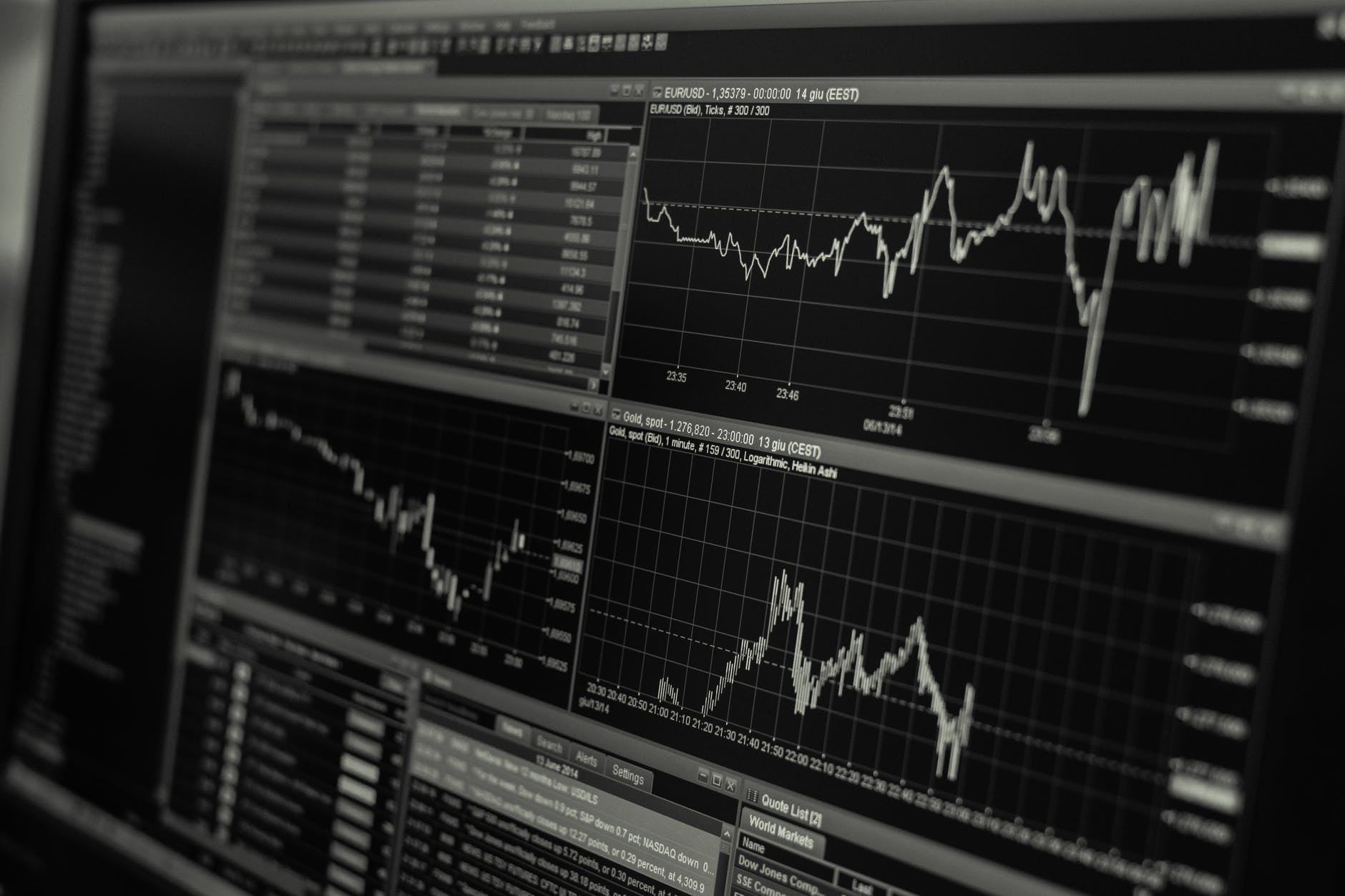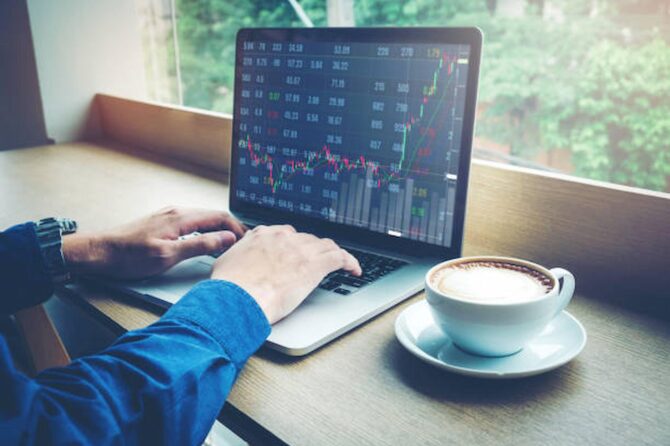Forex is an internationally decentralized capital market. It’s the biggest of its kind: everyday trades worth over $5 trillion. The market is unique, and through the years, its features have drawn so many people. Currently, the Forex sector includes thousands of dealers. Though there are losers, many do not trade in it only to get a side benefit and gain their financial freedom. The Forex sector has been a fantastic location for excellent returns from individuals to organizations.
So what’s on this competitive market? It’s currency. You’ve engaged in the Forex sector in one way or another. Remember, you last traveled to Europe? You wanted an airport currency desktop to swap your dollars for Euros for Dollars. If you had been sufficiently observant, you might have seen a board showing the value of one currency in comparison to another. Currency-to-currency differential prices are defined as exchange rates.
Low capital requirement
If you speak to those considering Forex trading, many would mention a shortage of resources as the key reason they haven’t begun yet. They could also move ahead and spill out how they can’t get on board because of the significant capital investment they believe Forex trading takes.
This impression can primarily be due to several of Forex’s deceptive campaigns that portray it as a crazy exotic business. The crowd sees Forex traders showing huge assets and start believing that to produce so much money, you’ll need to pay a lot, correspondingly.
Yes, an overall capital size enhances returns. For example, with a similar degree of training and experience, a $2,000 account to $10,000 would be simpler to expand than a $10 account to the same size in comparable market conditions. Trying the latter is entirely absurd. However, one of the biggest myths to attack is that Forex trading has a massive capital prerequisite!
Strict Regulatory System
The Forex industry once became notorious for scams. In its early years, several brokers went about defrauding potential Forex traders from their hard-earned funds. Most successfully. Today, business gurus claim to have exclusive sector knowledge that can enable traders to extract as much as possible from the Forex market in income.
Both these schemes resulted in average citizens still getting discouraged from Forex. They’re told their money’s heading into the pipe. Although this issue hasn’t entirely disappeared, it has diminished dramatically, and now more and more investors see the golden opportunity in the Forex sector.
Indeed, several have already discovered that if you decide to rapidly expand your money, it’s the ideal way to go. This latest development is fascinating when seen in comparison to old expectations. So what’s accountable for this? Mainly, tighter compliance standards. For example, Forex trading firms today have more and stricter regulatory criteria.
High Liquidity
In financial exchange, liquidity relates to the flexibility at which asset class investors can purchase and sell it without triggering a dramatic price shift. It’s a feature of the asset’s volume of operation. Wide-traded funds appear to be intensely liquid. On the other hand, seldom exchanged individuals are always illiquid, and you’ll experience a lot of trouble exchanging them.
For the Forex sector, liquidity is never a problem. With more than $5 trillion in currencies being purchased and exchanged every day, you may be confident that your orders will still be filled. The too liquid business existence means that you still have to balance a seller when purchasing.
Since the Forex business is too liquid, it’s almost none abused. In stock trading, institutional investors may manipulate stock prices. Different strategies, including “pump” and “dump,” dishonest folks often trick others into purchasing useless shares. Conversely, the Forex sector is entirely different, and none will exploit it.



